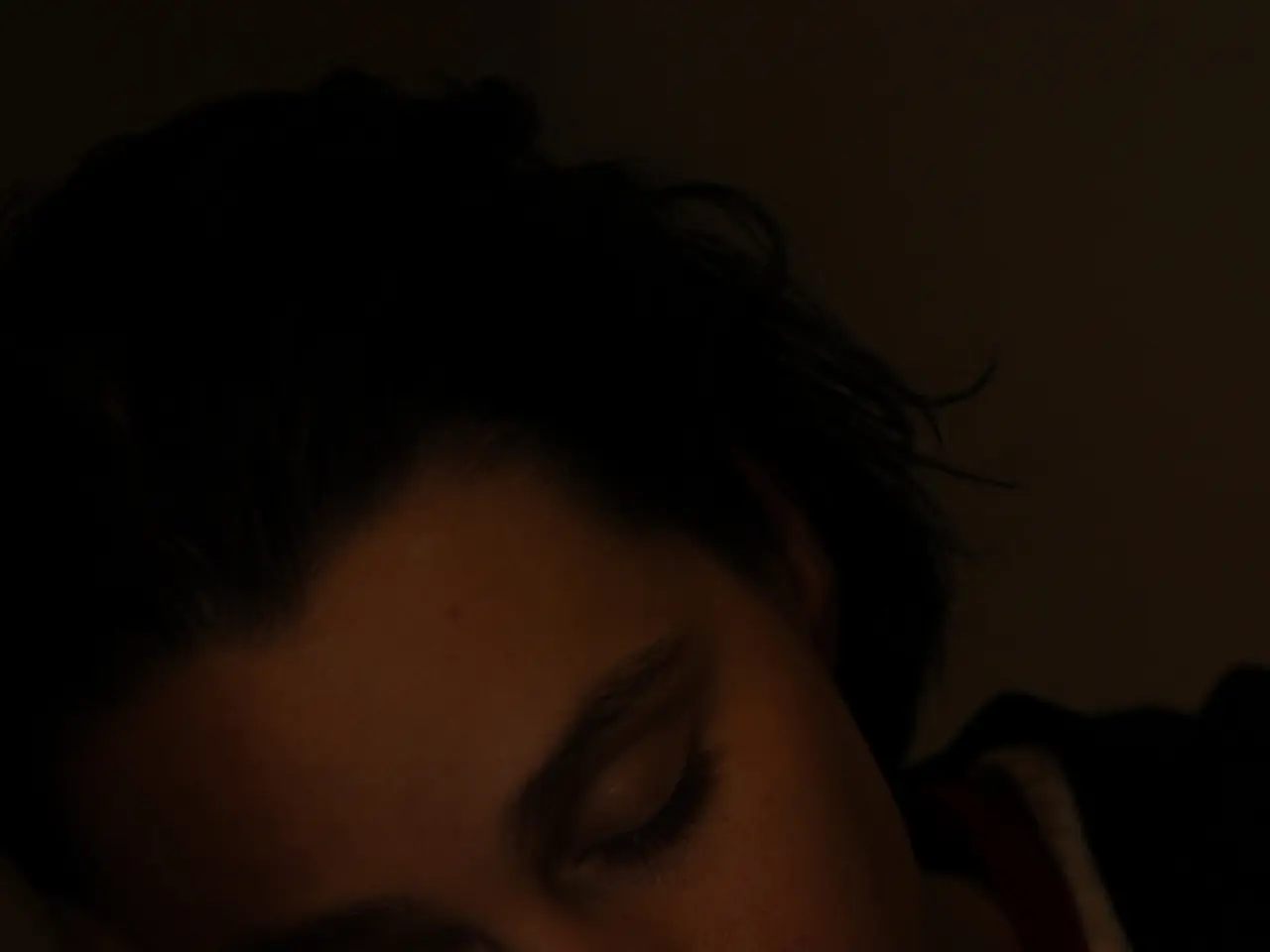Cheese Linked to Nightmares in Recent Research Findings
New research published in *Frontiers in Psychology* suggests that for individuals with lactose intolerance, consuming dairy products before bedtime could lead to an increased likelihood of nightmares and poor sleep quality. The study, conducted by Dr. Tore Nielsen and his team at MacEwan University in Alberta, surveyed over 1,000 students, questioning them about their sleep quality, dreams, and food sensitivities.
The findings revealed a strong association between nightmares and lactose intolerance, with individuals who are lactose intolerant more likely to report experiencing nightmares and disrupted sleep after eating dairy products. The researchers hypothesised that overnight digestive discomfort from undigested lactose may be the underlying cause of these effects, rather than the dairy itself being inherently "nightmare-inducing."
The study found that symptoms such as indigestion, bloating, or heartburn, which can be triggered by dairy consumption in those with lactose intolerance, may be responsible for the negative impact on sleep quality and dream content. These symptoms, including gastrointestinal distress, were noted as potential explanations for disrupted sleep and unpleasant dream activity.
However, it's important to note that the study does not support the legend of "cheese dreams" for most people. The research discovered that lactose intolerance was central to this effect, and further research is needed to generalise these findings across broader populations and to clarify whether similar effects occur in the absence of lactose intolerance.
The study aimed to find out if certain foods directly affected dreams, induced symptoms that impacted sleep, or changed sleep quality. Dairy was one of the foods most likely to cause weird or nightmare-inducing dreams, ranking second only to sweets. Individuals with food intolerances, particularly for dairy products, may benefit from avoiding late-night cheese consumption.
Healthy diets and avoiding nighttime eating were linked with improved dream recall and sounder sleep. Snack alternatives suggested for better sleep include bananas, almonds, and chamomile tea. On the other hand, desserts, hot foods, and milk were identified as the biggest culprits for sleep disruption.
Approximately 40% of respondents indicated that food affects their sleep overall, and the study found a correlation between poor food habits, evening snacking, and an increase in nightmares. The research published in Frontiers in Psychology investigated the connection between food and dreams, offering systematic evidence supporting the connection between lactose intolerance, dairy consumption, and nightmares.
In summary, for those with lactose intolerance, eating dairy before bed may indeed increase the likelihood of nightmares and poor sleep due to resultant digestive distress. However, further research is needed to generalise these findings across broader populations and to clarify whether similar effects occur in the absence of lactose intolerance.
In the conducted study, researchers found that consuming dairy products, particularly before sleep, could potentially exacerbate nightmares and disrupt sleep quality, as observed in individuals with lactose intolerance. The study in Frontiers in Psychology emphasized the importance of proper nutrition, suggesting that individuals with lactose intolerance may benefit from avoiding dairy, especially at night, to improve their health-and-wellness, including sleep quality and reduced chances of nightmares.





